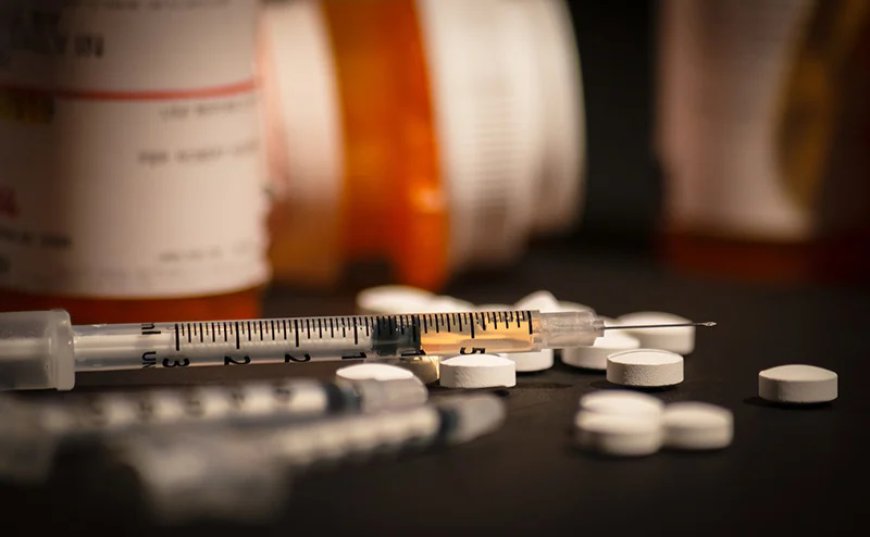Overdose deaths decline locally by 25%
JOPLIN, Mo. — A new report from the Missouri Department of Health and Senior Services shows fewer drug overdose deaths in southwest Missouri, and the "Show-Me State" as a whole. DHSS is reporting a 23% decline in overdose deaths across the state between January and June of this year, compared to last year. That's 802 [...]

JOPLIN, Mo. — A new report from the Missouri Department of Health and Senior Services shows fewer drug overdose deaths in southwest Missouri, and the "Show-Me State" as a whole.
DHSS is reporting a 23% decline in overdose deaths across the state between January and June of this year, compared to last year.
That's 802 people who reportedly died due to a drug overdose, compared to 1,048 who died the year before in the same time frame.
Locally, Dr. Allison Smith from Freeman Health System's Ozark Center New Directions says the report shows a 25% decline in the southwest portion of the state.
She points out the decline is seen in drugs of all kinds, but specifically a decline in opiate-related overdose deaths — and that could be due to several factors, including the availability of life-saving NARCAN.
"Something that we've taken an initiative to do through the Ozark Center, KCU's Addiction Fellowship over the last year, one of the QI projects that we've been working on is just NARCAN. Being available in the ER, when people leave the hospital, when people walk into a building. And so, getting NARCAN out there and encouraging providers to give everybody NARCAN has been a big one,” said Dr. Smith.
Dr. Smith also credits the availability of medication assisted treatment, which includes medications like a synthetic opioid known as Buprenorphine that help treat opioid cravings and even protect an overdose.
Secondly, she says Missouri's "Med First Model" is helping primary care providers feel comfortable enough and giving them the legal ability to give patients enough treatment medication until they can get to an addiction-specific clinic or a specialist.
Lastly, Dr. Smith has noticed educating the community has led to more people seeking treatment and feeling less of the stigma associated with a drug addiction.
What's Your Reaction?

























